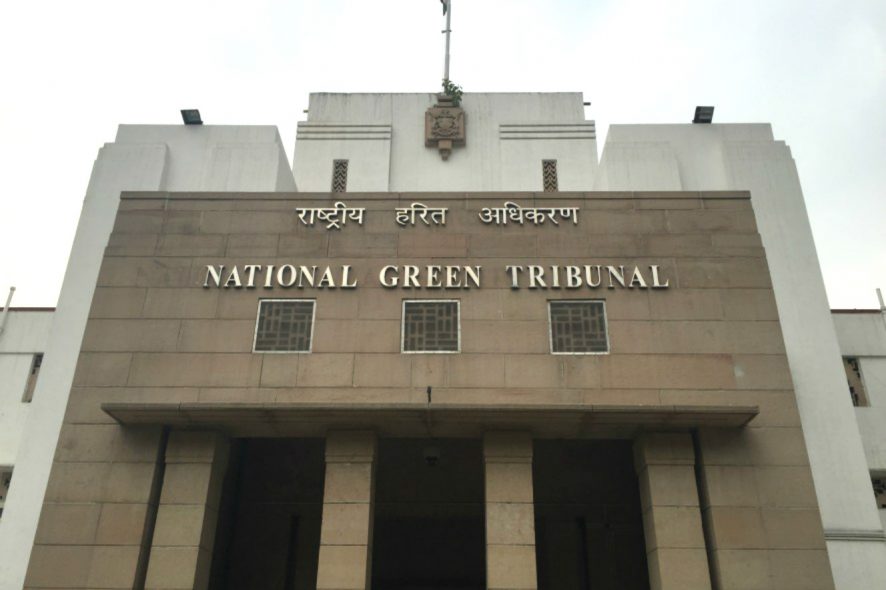National Green Tribunal (NGT): The Coram comprising of Justice Adarsh Kumar Goel (Chairperson) and Justice S.P. Wangdi (Judicial Member), Justice K. Ramakrishnan (Judicial Member) and Dr Nagin Nanda (Expert Member) addressed an application in respect to the air pollution being caused in NCR Region due to the burning of crops in and around Delhi.
The present application constitutes and portrays the fact that, 25-30% of air pollution in NCR is caused by burning crop residue in and around Delhi in October and November every year. Burning of the crop residue is perceived to be helpful in preparing the field for sowing the next crop. This results in an adverse impact on air quality.
In spite of the efforts being taken by the Central and State Governments, burning of the crop is still continuing with all its adverse consequences on public health and environment for which no officer/authority is being held accountable.
Air (Prevention and Control of Pollution) Act, 1981 provides for prohibiting burning of any material which is likely to cause air pollution burning of any material which is likely to cause air pollution and enforcing such prohibition in an appropriate manner including prosecution and recovery of compensation.
It is to be noted that a pollution-free environment is right of every citizen and obligation of every State.
The stand of the Central Government and States that they are helpless is unacceptable. Just like enforcing the law to prevent other crimes, the State has to own responsibility to enforce law to prevent pollution. Tribunal observed that,
“It is unfortunate that the State have failed to perform its duty and have merely pleaded helplessness on the ground that whatever action was possible have been taken.”
In 5 years the State machinery has not been able to communicate the farmers concerned about the techniques of sowing crops without burning of the crop residue of the paddy, this is an unhappy situation which demands remedial actions. States need to come out with enforcement or other strategies, including further incentives.
Tribunal further stated that the steps taken are inadequate and do not provide for ground checking and vigilance and extinguishing of illegal fires. Preventive remedies of communicating with the farmers the disadvantages of burning are also unsatisfactory and ineffective.
Thus, Tribunal asked the Central and State Governments to take effective steps in communicating with the farmers along with that they may place the data in regard to the fie incidents, responsible officers for the subject for the entire areas and action taken for the failure on their respective web sites.
Action plans and enforcement strategies are reviewed. The matter has been listed on 15-11-2019. [Ganga Lalwani v. Union of India, 2019 SCC OnLine NGT 327, decided on 15-10-2019]






